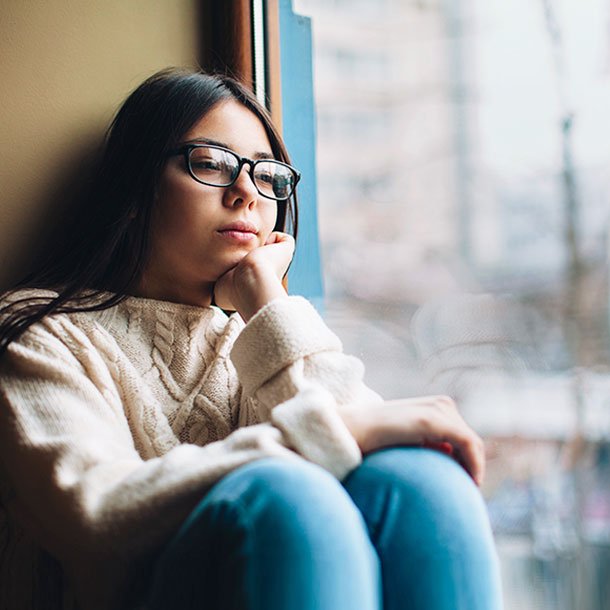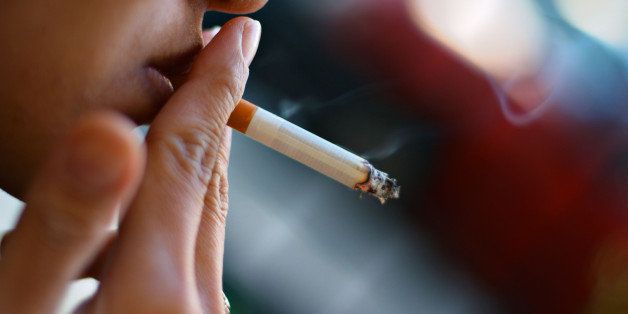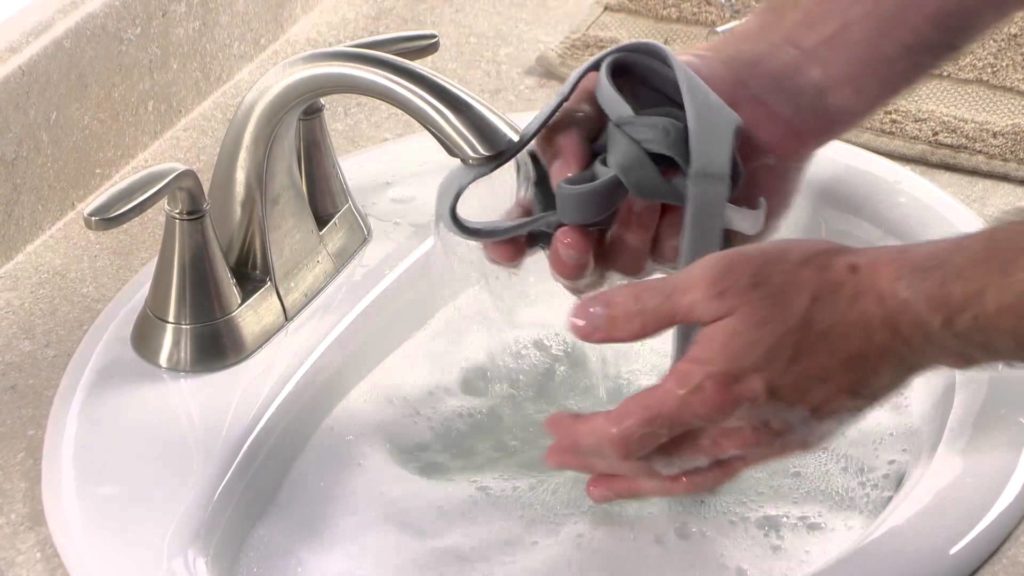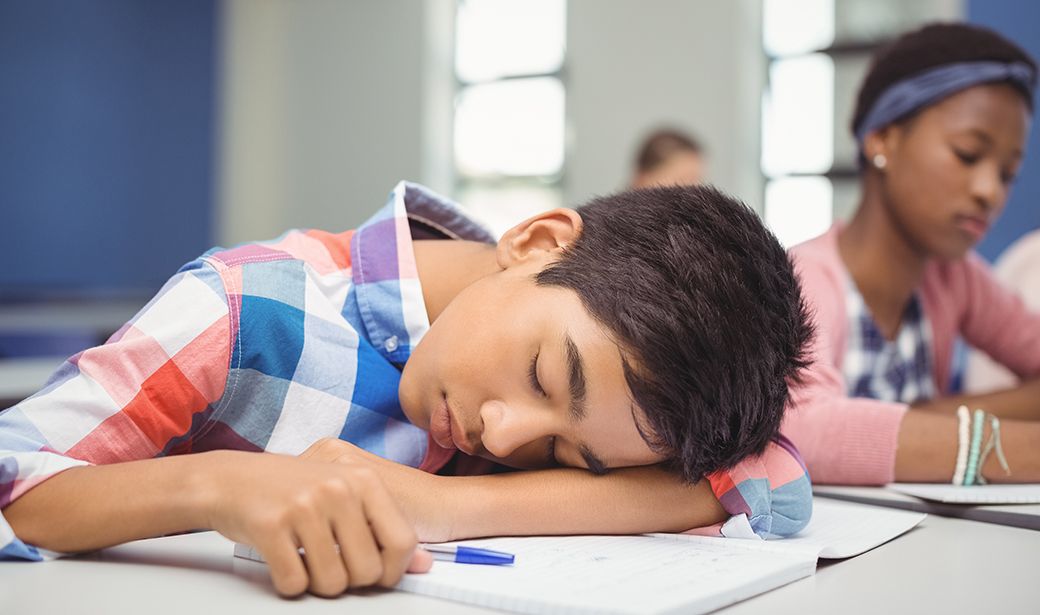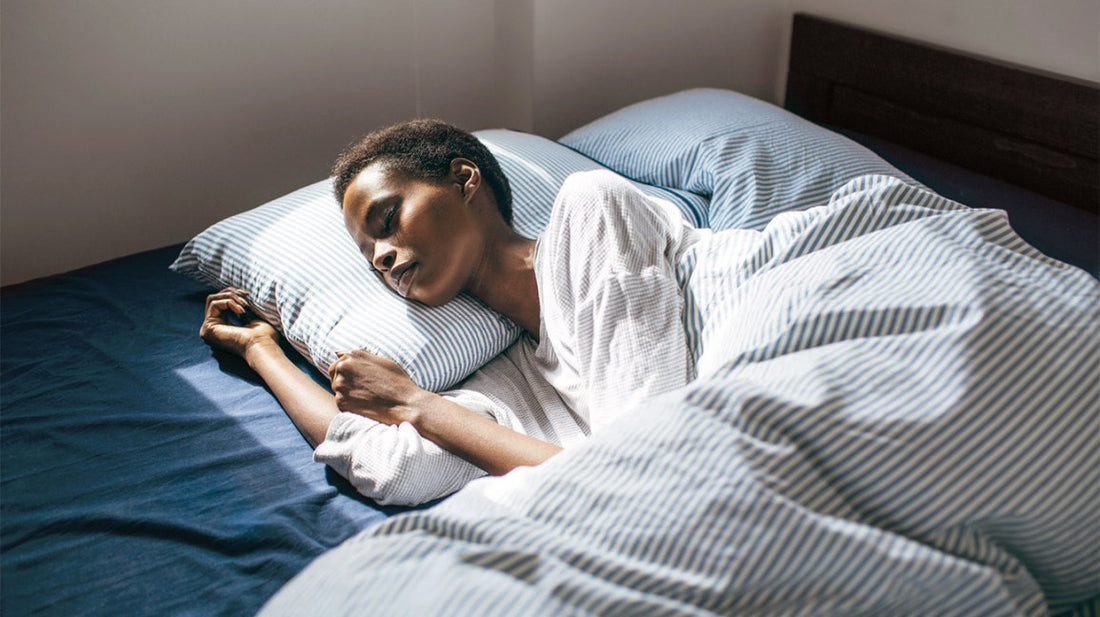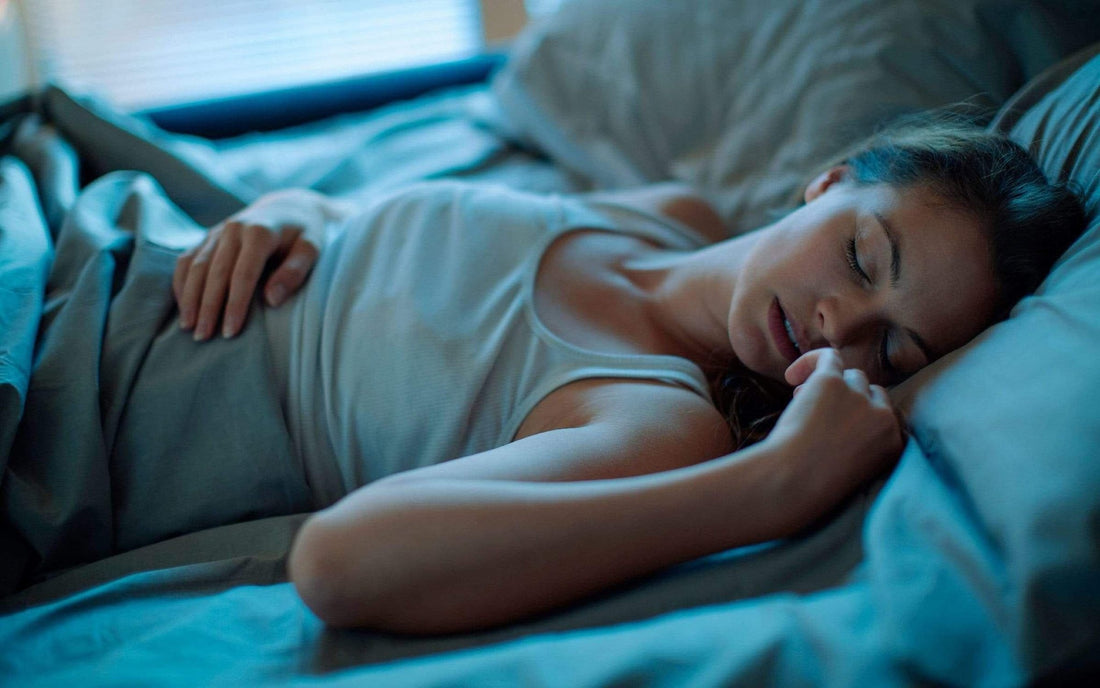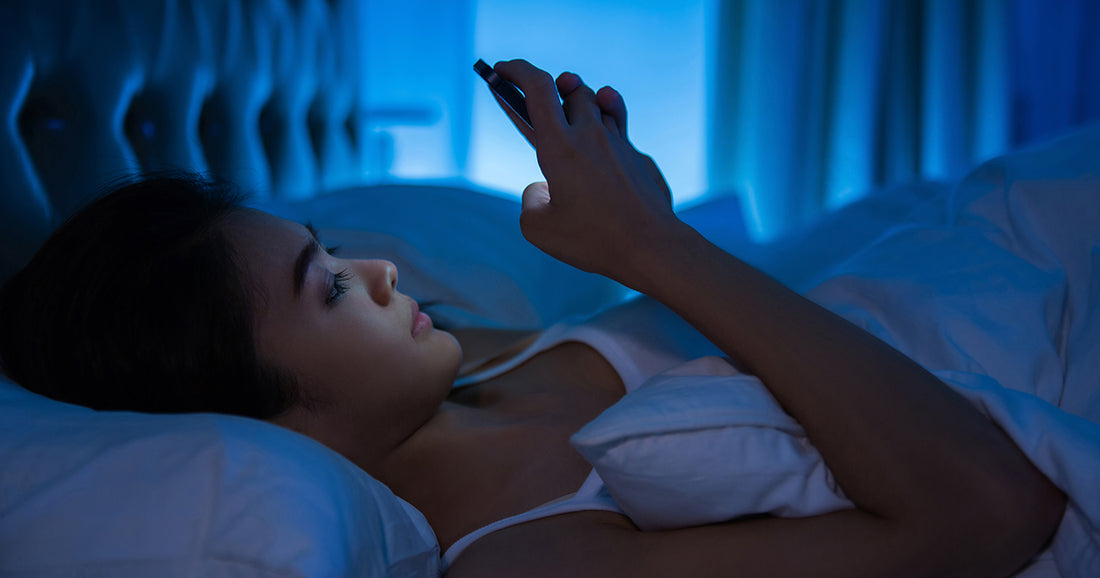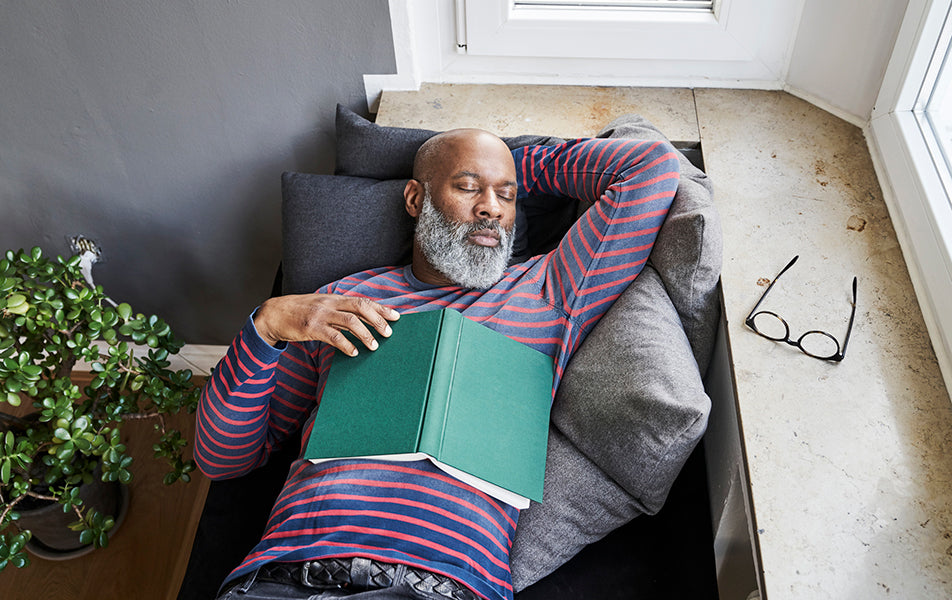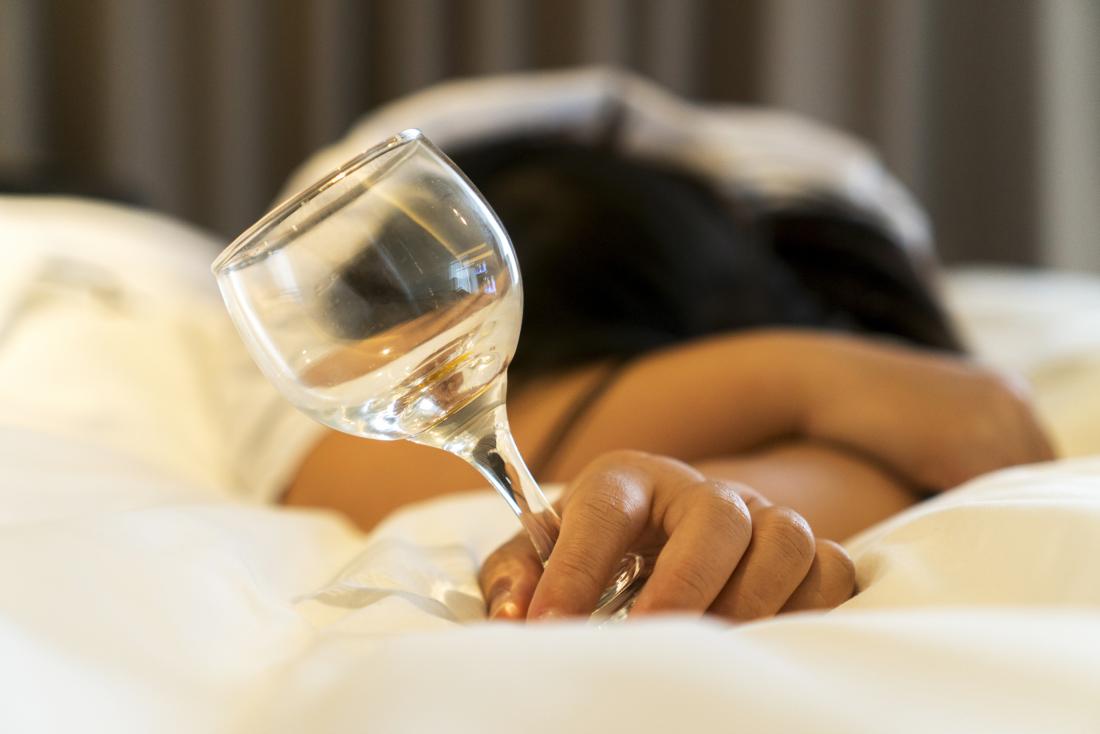News
Is Smoking Making your Sleep Worse?
wp:paragraph You probably know that smoking cigarette can have a negative impact on your overall health, but did you know that smoking can be the cause of many sleep problems for adults? /wp:paragraph wp:paragraph The effect of smoking cigarettes on sleep /wp:paragraph wp:paragraph Smoking cigarettes can not only affect your body’s internal clock in a negative way, but it can also raise your risk of developing sleep apnea and can also cause your sleep to be fragmented, meaning your overall sleep is restless, or you experience insomnia. /wp:paragraph wp:paragraph This is because of nicotine, which is the active ingredient found in cigarettes. Nicotine has been known to have a stimulating effect, but not one that is beneficial for sleeping. Cigarette smoking has been known to temporarily reduce anxiety and help people to feel more awake and alert. This is, however, a temporary effect, which is not exactly beneficial for getting a well-rested sleep at night. /wp:paragraph wp:paragraph For this reason, doctors typically advise against smoking if patients are experiencing sleep problems. /wp:paragraph wp:paragraph If you are planning on quitting smoking /wp:paragraph wp:paragraph Quitting smoking is not easy and can take some time. It is best to speak to your doctor if you plan on quitting smoking, as they can help you come up with a plan that works best for you and your overall health. /wp:paragraph wp:paragraph While the process of quitting smoking may be frustrating, it is important to remember that the long-term effects can be extremely beneficial for your sleep. In fact, sleep apnea patients who quit smoking after being diagnosed have reported substantial improvements in their sleep quality from quitting smoking. /wp:paragraph wp:paragraph Don’t expect your sleep to improve right away. Typically, the first few days of quitting can have some unpleasant side effects, and the withdrawal symptoms can continue towards the evening hours when it’s time for bed. Be prepared for the fact that you may experience a few sleepless nights in addition to the cravings and irritability. Make sure you surround yourself with a good support system, practice good sleep hygiene, and be patient. /wp:paragraph
about Is Smoking Making your Sleep Worse?Getting your CPAP Ready for the Fall Season
wp:paragraph Now that the weather is slowly starting to transition into the cooler fall temperatures, the nights are now getting cooler. The fall can be a fantastic time to make sure your CPAP machine is in perfect working condition. This is to ensure your sleep apnea is being treated and you have a good night’s sleep without any interruptions. /wp:paragraph wp:paragraph Here are a few ways to get your CPAP machine ready for the fall months; /wp:paragraph wp:paragraph Give your CPAP a deep clean /wp:paragraph wp:paragraph While cleaning your CPAP machine is recommended on a regular basis, doing a deep clean every so often can be extremely beneficial and can extend the life of some of the parts to your CPAP machine. It is best to clean the CPAP parts in the morning and leave them out to air dry so they are clean and dry once it’s time for bed. Do not leave any parts in direct sunlight and do not use bleach to clean your CPAP. /wp:paragraph wp:paragraph Take inventory of your CPAP parts /wp:paragraph wp:paragraph The fall can be an excellent time to take inventory on any parts that may be starting to wear down. Many items such as the mask cushions, tubing, headgear, and/or chin straps (if applicable) do have a life span. If you find these are starting to wear down, then now is the perfect time to be replacing these parts. It is also helpful to check the machine itself; if the cords are starting to wear down or the machine is not working to its full potential, you may need to think about replacing it. Check out www.papsmart.com for any CPAP parts you need. /wp:paragraph wp:paragraph Double-check the CPAP humidifier /wp:paragraph wp:paragraph Now that the nights are cooler, you may find yourself making use of the humidifier more often than before. Be sure to check the humidifier filters at least once a week. If they are dirty or discolored, then it is time to replace them or clean them (if they are not disposable). The humidifier can be a fantastic addition to your CPAP, especially in the cooler months, so it is important to make sure it is in perfect working condition. /wp:paragraph
about Getting your CPAP Ready for the Fall SeasonFive Ways That Your Diet Can Impact Your Sleep
wp:paragraph It’s no secret that sleep and nutrition play a vital part in your overall health, but did you know that there are certain ways that your diet can make it easier or harder for you to get a good night’s sleep? /wp:paragraph wp:paragraph Fueling your body with the proper foods is essential to living a healthy lifestyle, which includes how you sleep at night. Experts recommend a balanced diet that includes lots of fruits and vegetables as well as the recommended intake of vitamins and nutrients. /wp:paragraph wp:paragraph Here are five ways that your diet may be negatively impacting your sleep; /wp:paragraph wp:paragraph Large meals close to bedtime: Going to bed on a full stomach is not only uncomfortable, but it can cause you to have a harder time sleeping. Your body will take a lot longer to digest meals once you are sleeping. If you need to have a snack, stick to something small like herbal tea or a pack of almonds. /wp:paragraph wp:paragraph Spicy Foods: While consuming large meals before bedtime is not recommended, did you know that spicy food may impact your sleep? Some of the seasoning with some very spicy dishes have been known to cause heartburn, which can lead to indigestion that could interrupt your sleep. If you enjoy spicy foods, it’s okay to consume them in moderation but don’t overdo it too late in the day. /wp:paragraph wp:paragraph Too much caffeine: Did you know that caffeine can linger in your system for up to 5 hours after consumption? Trying to fall asleep when you are feeling jittery is no fun. Avoid consuming caffeinated beverages too late in the day and be aware of other foods that may contain caffeine as this could affect your sleep as well. /wp:paragraph wp:paragraph Alcoholic beverages: Alcohol has been known to make people feel drowsy, however, it is also known to negatively affect your REM sleep cycle, which is vital for getting a good night’s sleep. Limit the number of drinks you consume in the evening hours and don’t use it as a sleep aid. /wp:paragraph wp:paragraph Too much hydration: While drinking lots of water throughout the day is fantastic, be careful of how much you drink at night unless you want your sleep to be interrupted by frequent bathroom visits. It’s best to stop water consumption around 60-90 minutes before bedtime, aside from a few sips if necessary. /wp:paragraph
about Five Ways That Your Diet Can Impact Your SleepBack to School Sleep Tips
With the summer winding down and the start of the school year just around the corner, the late nights and the bad habits that come with the summer holidays will soon be coming to an end. Whether you work at a school as a teacher or support staff employee, or you are getting your own kids ready for the school year, getting enough sleep is important. Adults typically need around 7-8 hours of sleep per night while children need to sleep longer (around 9-10 hours) in order to nourish their growing bodies. Here are a few ways both adults and children can adjust their sleep routine for the coming school year. Start the transition sooner If you or your kids have become used to later nights this summer, start at least a week before school starts and move bedtime up gradually by a little bit each night. Try to also make sure to wake up at the time that you will need to get up for school. Routine is Important! Make sure you establish a proper bedtime routine and stick to it! This is especially important for children, who need a routine and consistency in their day. Try and practice this as much as possible before school starts. Put the devices away Make sure to turn off the TV, tablets, laptops, and other devices before bedtime and keep them out of the bedroom to promote healthy sleep. The blue light from a lot of devices is bad for anyone, but especially for children whose brains are still developing, not to mention this will keep them awake longer and throw off the entire bedtime routine. Practice healthy habits Make sure you eat healthily and stay active throughout the day as this will help both adults and children to sleep well at night. Avoid consuming caffeine, alcohol, or energy drinks when it is almost bedtime.
about Back to School Sleep TipsHow the Pandemic May Have Affected Your Sleep
wp:paragraph It’s been almost a year and a half since the Covid-19 pandemic turned the world upside down. In that time, you may have noticed that your sleeping habits may be a lot different these days than they were 18 months ago which is the case for many people, whether they realize this or not. /wp:paragraph wp:paragraph If you find that your sleep habits have changed under the different circumstances, that is fine, as long as you are being smart about it. Here are just a few of the top ways people have changed their sleeping habits to align with the pandemic circumstances. /wp:paragraph wp:paragraph Different Bedtimes /wp:paragraph wp:paragraph You may have found yourself going to bed later than you normally would, and possibly even sleeping in more often. If you are no longer commuting to work and finding yourself at home more often then, this is fine. There is nothing wrong with adjusting your sleep schedule under a change in circumstances, but make sure you are still relatively consistent with the time you go to bed and wake up. /wp:paragraph wp:paragraph Using Sleep Supplements /wp:paragraph wp:paragraph More and more people are relying on over-the-counter sleep supplements, like melatonin, to help them fall asleep. While taking melatonin once in a while is generally okay, it is best not to make this a long-term daily occurrence. It is important to speak to your doctor and get help if you are struggling with falling and staying asleep. /wp:paragraph wp:paragraph Dreams and Nightmares /wp:paragraph wp:paragraph The stress and uncertainty of the pandemic have been causing people to have more vivid dreams and nightmares than they might have had before. Of course, bad dreams happen to everyone now and then, but if this becoming a regular occurrence and negatively affecting your ability to get a good night’s sleep, then it’s time to get help. /wp:paragraph wp:paragraph Increased Screen Time /wp:paragraph wp:paragraph Scrolling your device to find out the latest pandemic news or communicating with loved ones during the lockdowns means more time in front of a screen these days, but don’t overdo it. Too much screen time can negatively affect your sleep habits and overall physical and mental health. It is important to find activities to do that don’t involve screens. /wp:paragraph
about How the Pandemic May Have Affected Your SleepWhat is REM Sleep?
wp:paragraph REM stands for Rapid Eye Movement and it is a vital stage of your sleep cycle. It’s something you may have heard of quite a bit but maybe you don’t really know what it is. /wp:paragraph wp:paragraph What happens during the REM stage? /wp:paragraph wp:paragraph The REM stage of your sleep cycle occurs approximately 90 minutes after you fall asleep and helps to improve your learning, memory and mood. In this stage, your body and brain go through a lot of activity including eye movement in various directions, fast breathing, increased brain activity and low muscle tone. This is also the stage of sleep where you would typically have dreams. /wp:paragraph wp:paragraph Believe it or not, despite all of this activity in your body during this stage, you will be in a very deep sleep when this occurs and likely have no idea that it is happening. This stage makes up approximately 20-25 percent of the body’s entire sleep cycle and it is very important for you to have a good and restful sleep at night and for your body and brain to fully recharge. /wp:paragraph wp:paragraph How does REM sleep affect me? /wp:paragraph wp:paragraph Although it may not be something you think about, there are many ways that the REM phase of your sleep can be disrupted. For instance, many studies completed over the years have shown that consuming too much alcohol, especially close to bedtime, can significantly shorten the REM sleep stage. Additionally, certain medical conditions or medications can contribute to a disrupted REM sleep, although it’s very rare. /wp:paragraph wp:paragraph If for any reason this stage of sleep get disrupted, there are ways to improve your REM sleep which include practicing proper sleep hygiene (including sticking to a consistent bedtime, keeping the bedroom as an inviting sleep environment and sticking to at least 7-9 hours of sleep each night). Avoiding alcohol close to bedtime is also essential. /wp:paragraph wp:paragraph If you are experiencing any sleep issues or a disrupted REM sleep then it is important to speak to your doctor to get proper help. /wp:paragraph
about What is REM Sleep?The Effects of Technology on your Sleep
wp:paragraph Ever fallen asleep while texting or checking social media on your phone? Or maybe you are notorious for checking your email well into the night. Given how addictive our phones and other electronic can be, this is certainly something that has happened to many of us, it’s just too easy! /wp:paragraph wp:paragraph As tempting as it may be, this type of activity is very strongly discouraged by many sleep experts for many reasons. /wp:paragraph wp:paragraph Why can’t I seem to put the phone away at bedtime? /wp:paragraph wp:paragraph That bright light on many smartphones and tablets (also known as a blue light) on most devices can be known to increase your alertness and overstimulate you, making it very difficult to fall asleep. Blue light can also block the release of a sleep hormone called melatonin, which is what signals your brain that it’s time to go to sleep. /wp:paragraph wp:paragraph Also, ever go down the “rabbit hole” of playing on your phone? Yes, many people are likely to become too wrapped up in whatever they are doing with their devices, whether it be playing a game, watching a video, answering work emails or simply scrolling on social media, keeping them up way past their bedtime. /wp:paragraph wp:paragraph How to break the scrolling habit /wp:paragraph wp:paragraph It is generally recommended that any use of electronic devices is stopped at least 2 hours before bedtime. However, in a world where we are so reliant on technology for many aspects of our lives, this may not always be possible. Here are a few other tips to not let technology affect your sleep. /wp:paragraph wp:list Try putting your phone or tablet in another room overnight, thus resisting the temptation to pick it up. If you absolutely need your phone with you in the same room, turn it to silent before going to sleep, to avoid any incoming notifications waking you up (even the vibrate mode can be very loud and distracting). Try getting into the habit of reading before bedtime. Even using an e-reader is fine as they typically do not emit the blue light that can negatively affect your sleep. If you have a TV in your room, be mindful of how much “binge watching” you do before bedtime and don’t fall asleep with the TV on. /wp:list
about The Effects of Technology on your SleepThe Pros and Cons of Taking a Nap
wp:paragraph Are you unsure if taking a nap in the middle of the day is good for you? /wp:paragraph wp:paragraph The Answer? It really depends. There are many instances where napping can provide a lot of benefits. However, a nap during the day may not necessarily be beneficial for everyone. /wp:paragraph wp:paragraph The pros of napping /wp:paragraph wp:paragraph There can be many benefits to a nap, including reduced fatigue, increased alertness, and improved mood. If you experience any sort of sleep loss, such as a late night or a bad night’s sleep, a short nap can help you to feel back on track with your regular sleep cycle. Also, many shift workers who work during the nighttime hours often take advantage of naps during the daytime, that way they are more alert and can perform better at work. /wp:paragraph wp:paragraph The cons of napping /wp:paragraph wp:paragraph Not everyone will feel the benefits of a nap. Trying to sleep in the daytime can be challenging for some people and you may actually find that naps are counterproductive. You may feel even more tired and groggy than before and may have trouble falling asleep once bedtime comes around. Also, naps may be a challenge if you are away from your own sleeping environment for any reason, such as travel. /wp:paragraph wp:paragraph Four tips for getting the most out of your nap /wp:paragraph wp:list {"ordered":true,"type":"1"} Keep your naps short: even an hour or less can be beneficial. Don’t hesitate to set an alarm if you need to. Take your naps earlier in the day: early afternoon is usually the best time. Taking a nap too late in the day can mess with your internal clock. Practice relaxation exercises: try to take this time to let go of any daily stresses you may have in order to get the most out of your nap. Create a suitable environment for napping: take your nap in a quiet and dark place with few distractions. /wp:list
about The Pros and Cons of Taking a NapSleep and Alcohol
wp:paragraph Thinking about having a few drinks this weekend? Before you go too crazy, you should be aware of how alcohol could affect your ability to get a good night’s sleep. /wp:paragraph wp:paragraph While having a few drinks in moderation is usually okay for sleeping, having too much can cause problems when bedtime comes around. And let’s face it, no one enjoys the unpleasant “morning after” effects that alcohol has on your system. While drinking before bedtime can cause you to fall asleep faster, you may not necessarily stay asleep the way you should be. Many people experience insomnia when they drink too much and this can also affect your rapid eye movement (REM), an essential part of the sleep cycle where you are in a deep sleep, and your body has been known to restore itself during this process. The more you drink, the worse the effects can be. /wp:paragraph wp:paragraph A few tips to safely enjoy a few alcoholic beverages without disrupting your sleep: /wp:paragraph wp:list Know your limits and stick to them: drinking alcohol can affect everyone differently depending on your age, gender, and body type. Don’t drink very close to bedtime: having 1-2 drinks earlier in the evening (for example, with dinner) is usually okay, but having too much to drink, especially late at night close to bedtime can really hurt your ability to get a good night’s sleep. If you did indulge a bit too much, drink lots of water before you go to bed: alcohol is known to dehydrate your system, so drinking water can not only help to hydrate you, but it can help you to avoid getting a headache in the morning, a typical after-effect of drinking too much. Do not use alcohol as an aid to fall asleep: speak to your doctor if you are having trouble sleeping at night, they can assist you using a healthier method than alcohol. /wp:list
about Sleep and Alcohol